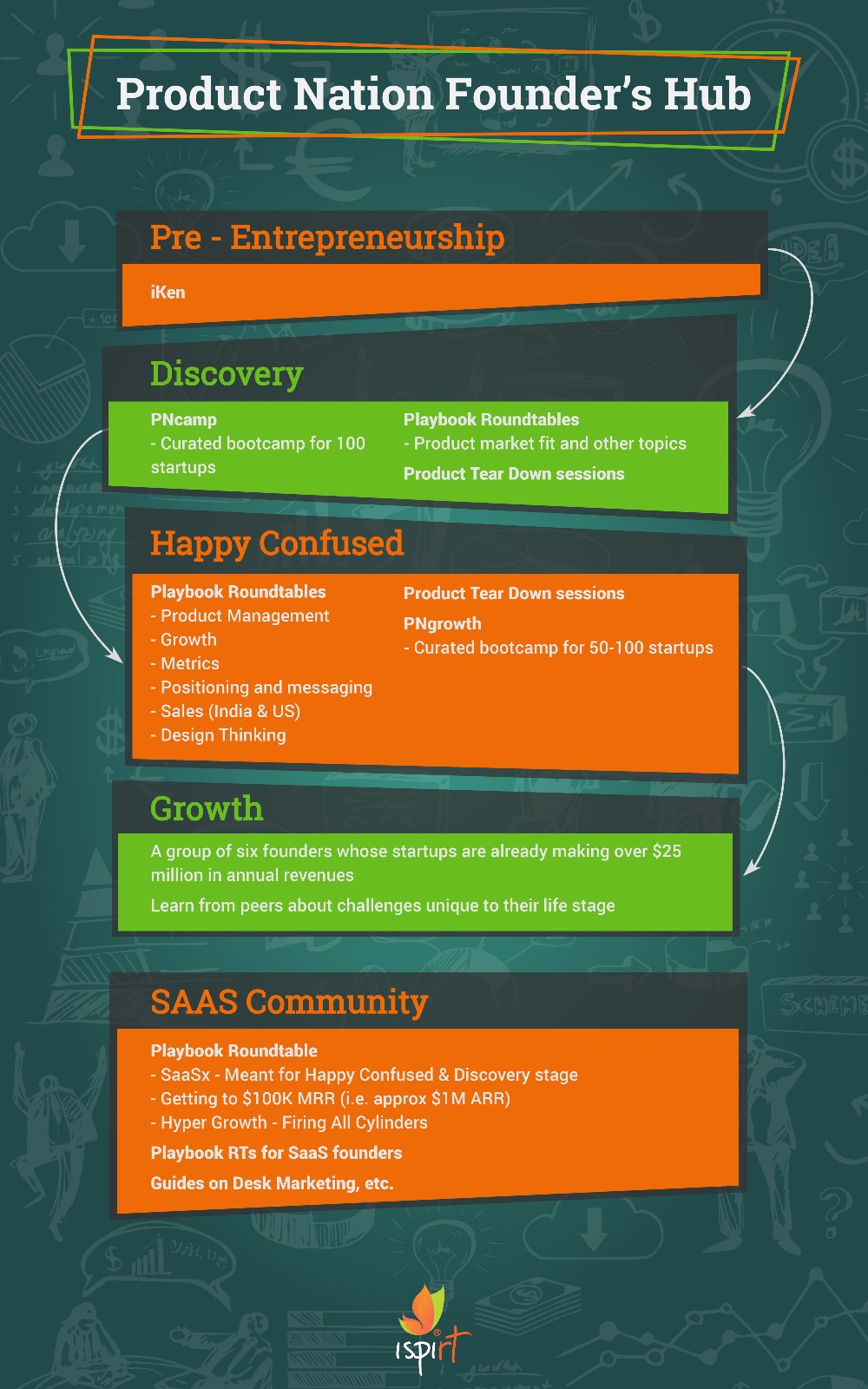In January 2016 iSPIRT ran the largest software entrepreneur school in India, called PNgrowth (short for Product Nation Growth). The central vision of PNgrowth was to create a model of peer learning where over 100 founders could give each other one-on-one advice about how to grow their startups. With peer learning as PNgrowth’s core model, this enterprise was supported by a volunteer team of venture capitalists, founders, academics, and engineers. See iSPIRT’s volunteer handbook (https://pn.ispirt.in/presenting-the-ispirt-volunteer-handbook/)
However, unlike a regular “bootcamp” or “executive education” session, the volunteers were committed to rigorously measuring the value of the peer advice given at PNgrowth. We are excited to announce that the findings from this analysis have recently been published in the Strategic Management Journal, the top journal in the field of Strategy, as “When does advice impact startup performance?” by Aaron Chatterji, Solène Delecourt, Sharique Hasan, Rembrand Koning (https://onlinelibrary.wiley.com/doi/10.1002/smj.2987).
TLDR: Here’s a summary of the findings:
1. There is a surprising amount of variability in how founders manage their startups. To figure out how founders prioritized management, we asked them four questions:
“…develop shared goals in your team?”
“…measure employee performance using 360 reviews, interviews, or one-on-ones?”
“…provide your employees with direct feedback about their performance?”
“…set clear expectation around project outcomes and project scope?”
Founders could respond “never,” “yearly,” “monthly,” “weekly,” or “daily.”
Some founders never (that’s right, never!) set shared goals with their teams, only did yearly reviews, never provided targets, and infrequently gave feedback. Other, super-managers were more formal in their management practices and performed these activities on a weekly, sometimes daily, basis. Not surprisingly, the supermanagers led the faster-growing startups. Most founders, however, were in the middle: doing most of these activities at a monthly frequency.
2. Since PNGrowth was a peer learning based program, we paired each founder (and to be fair, randomly) with another participant. For three intense days, the pairs worked through a rigorous process of evaluating their startup and that of their peer. Areas such as a startup’s strategy, leadership, vision, and management (especially of people) were interrogated. Peers were instructed to provide advice to help their partners.
3. We followed up on participating startups twice after the PNgrowth program. First ten months after the retreat, and then we rechecked progress two years afterwards.
We found something quite surprising: the “supermanager” founders not only managed their firms better but the advice they gave helped their partner too. Founders who received advice from a peer who was a “formal” manager grew their firms to be 28% larger over the next two years and increased their likelihood of survival by ten percentage points. What about the founders who received advice from a laissez-faire manager? Their startup saw no similar lift. Whether they succeeded or failed depended only on their own capabilities and resources.
4. Not all founders benefited from being paired up with an effective manager though. Surprisingly, founders with prior management training, whether from an MBA or accelerator program, did not seem to benefit from this advice.
5. The results were strongest among pairs whose startups were based in the same city and who followed up after the retreat. For many of the founders, the relationships formed at PNgrowth helped them well beyond those three days in Mysore.
So what’s the big take away: While India’s startup ecosystem is new and doesn’t yet have the deep bench of successful mentors, the results from this study are promising. Good advice can go a long way in helping startups scale. iSPIRT has pioneered a peer-learning model in India through PlaybookRTs, Bootcamps, and PNgrowth (see: https://pn.ispirt.in/understanding-ispirts-entrepreneur-connect/).
This research shows that this model can be instrumental in improving the outcomes of India’s startups if done right. If peer-learning can be scaled up, it can have a significant impact on the Indian ecosystem.


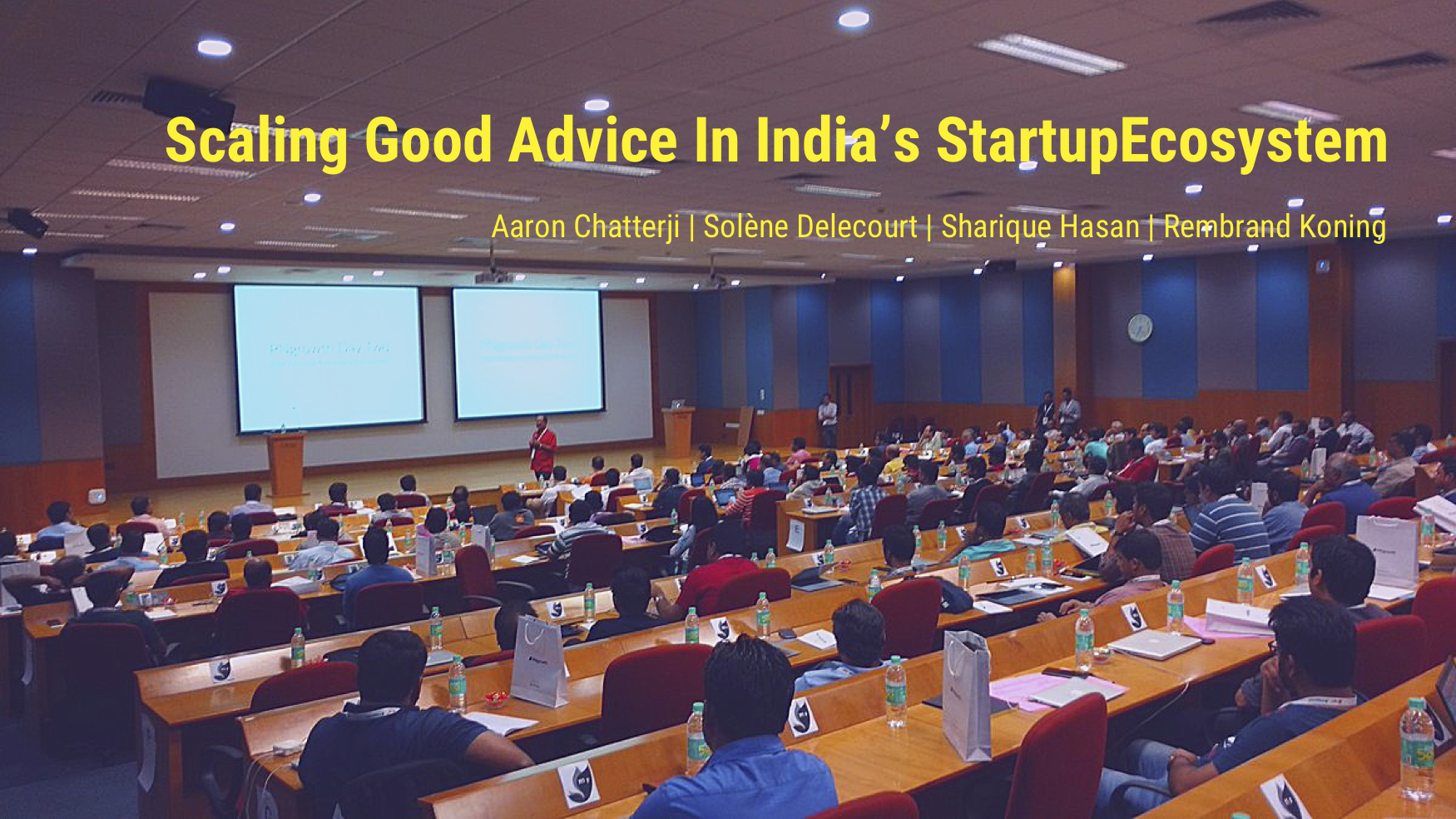
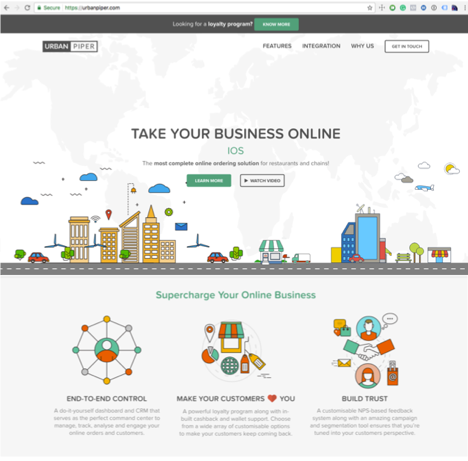
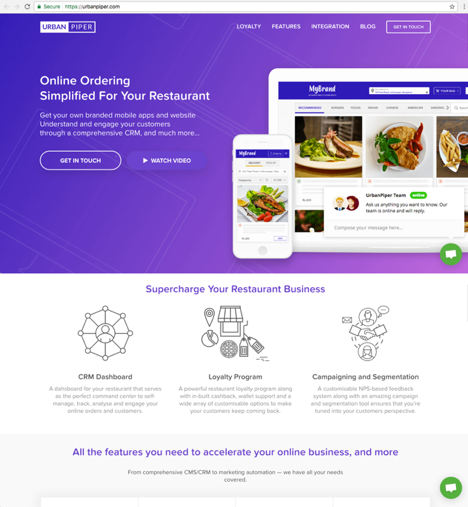

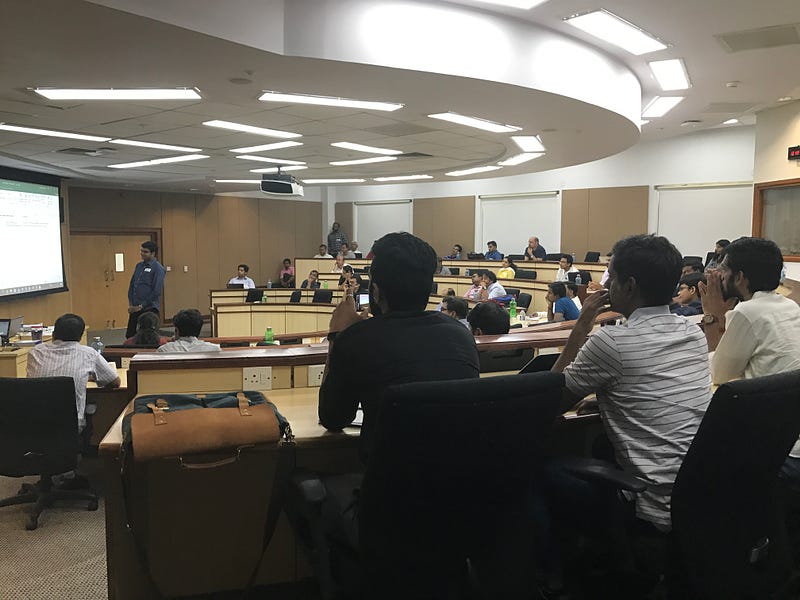
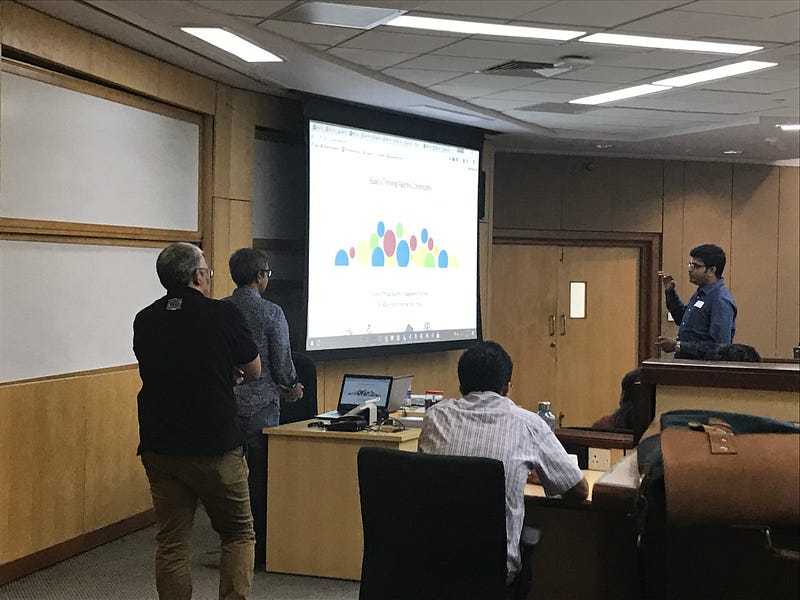
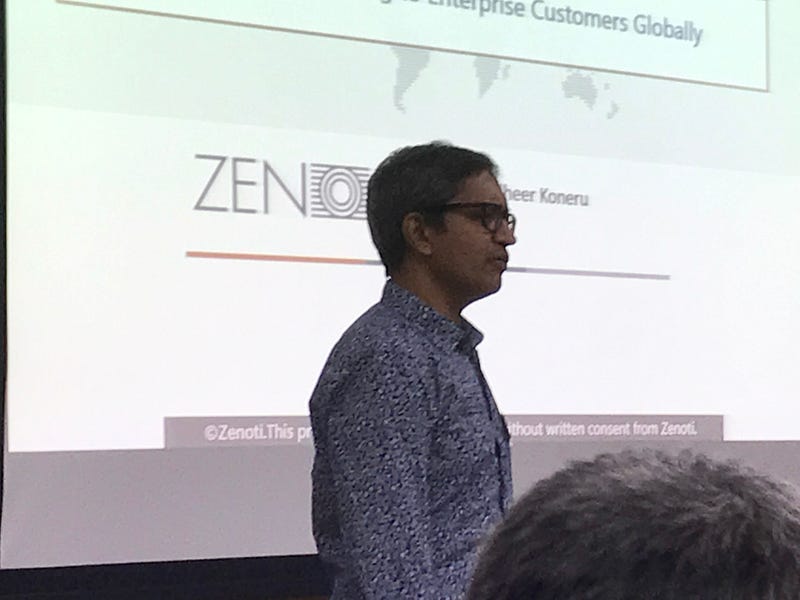

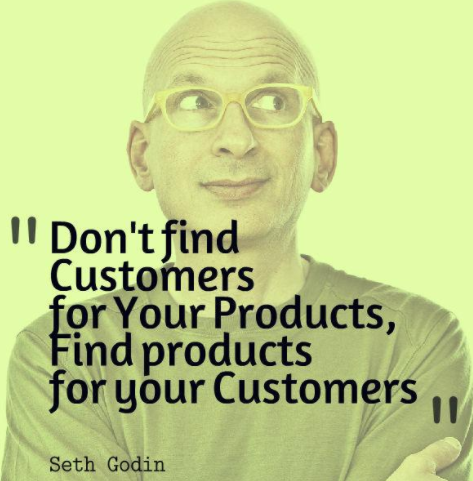
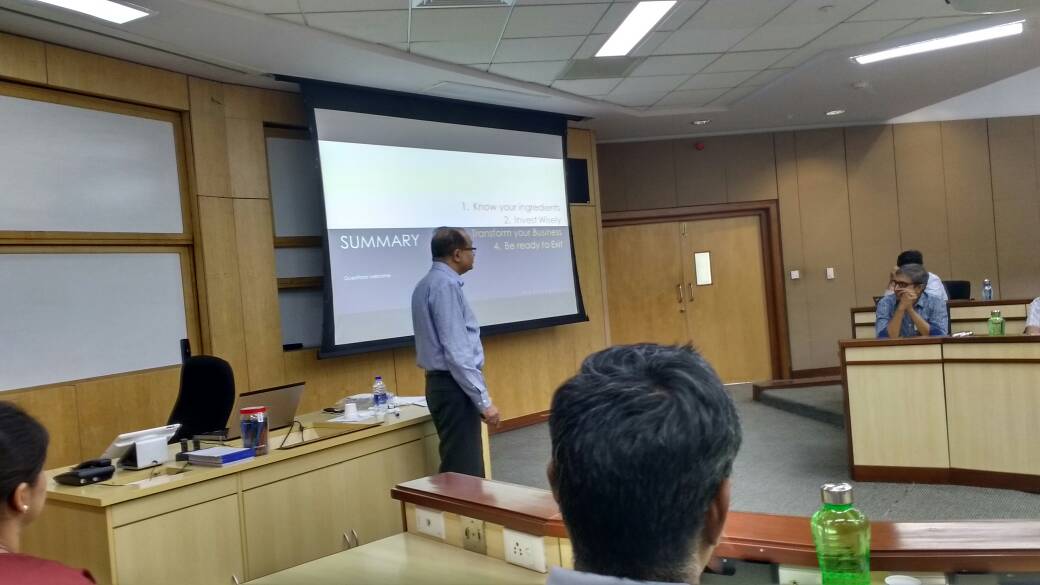
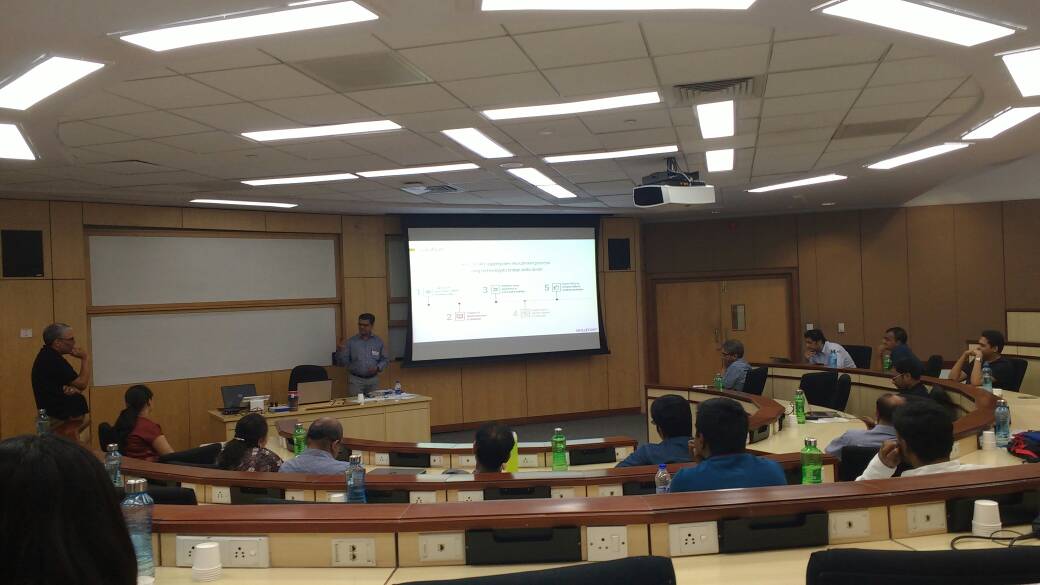
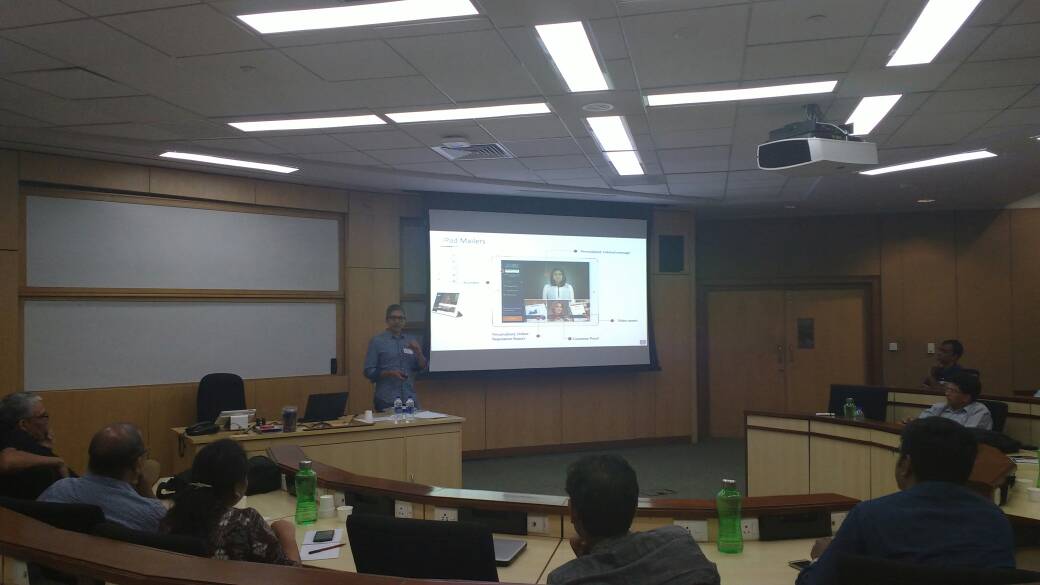
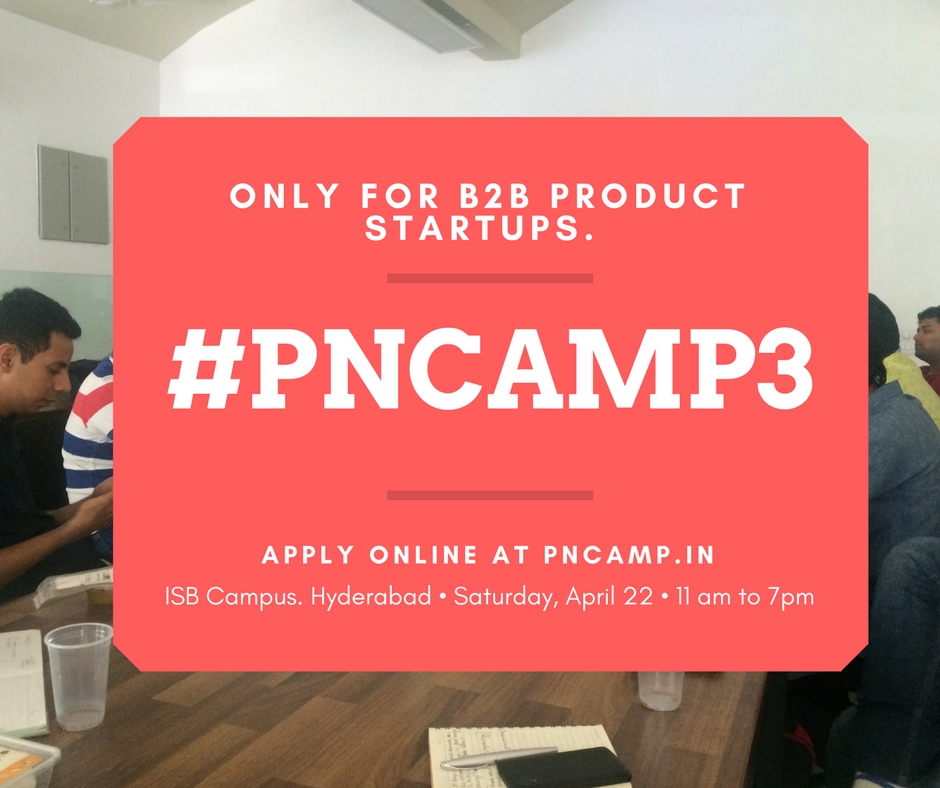
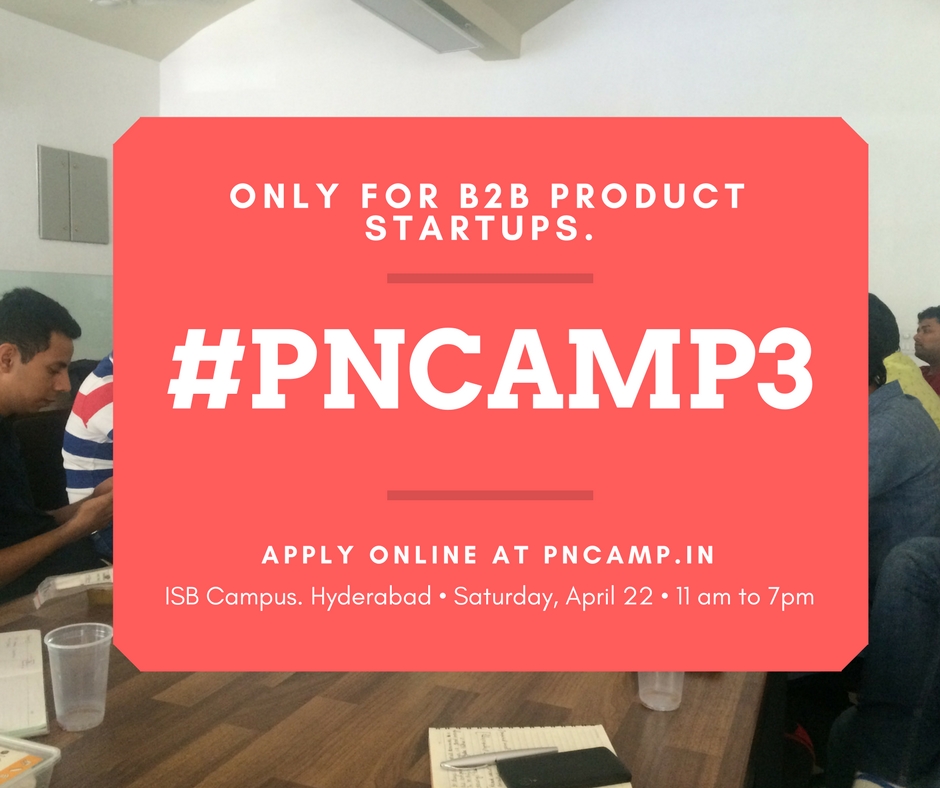

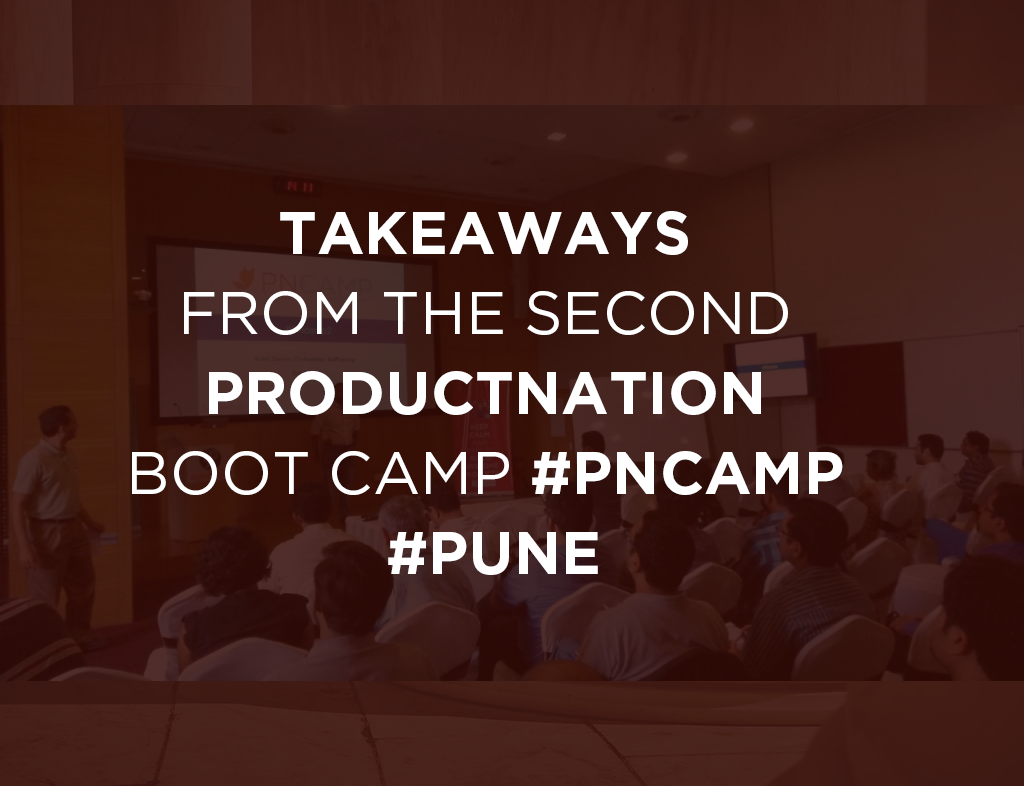
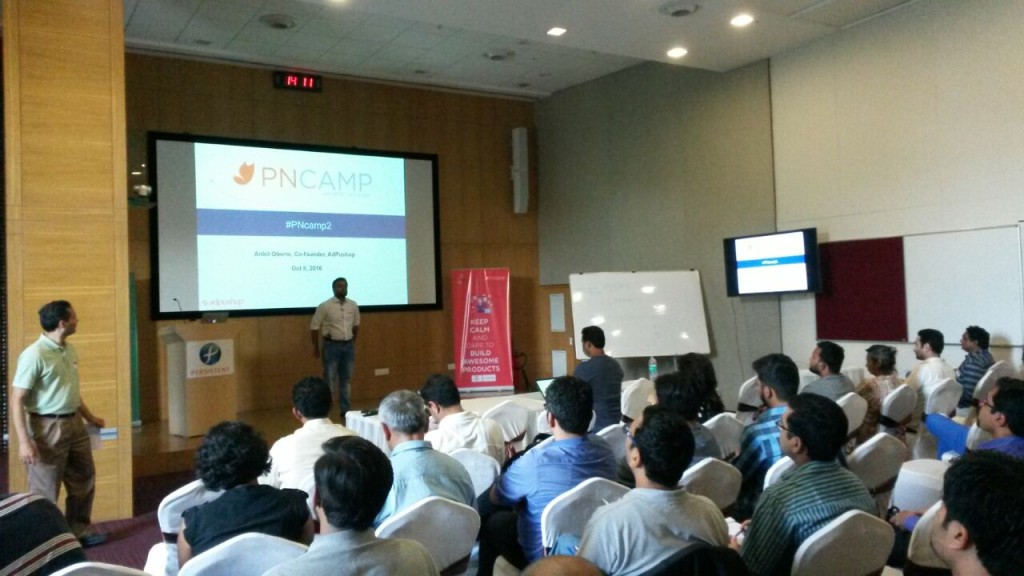 Confirmation Bias
Confirmation Bias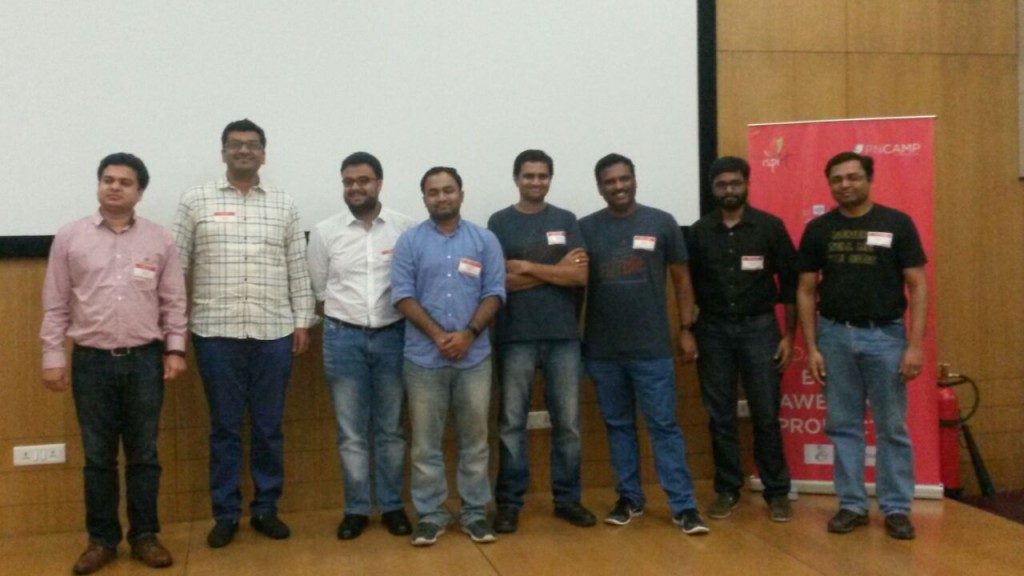 All in all, PNcamp is a MUST attend camp for any early stage product startup. It is a unique opportunity to catch the brains of experts and fellow participants through product feedbacks and interactions. What particularly stands out within the iSpirt community and in this even is the candidness of founders and their willingness to share details about their journey.
All in all, PNcamp is a MUST attend camp for any early stage product startup. It is a unique opportunity to catch the brains of experts and fellow participants through product feedbacks and interactions. What particularly stands out within the iSpirt community and in this even is the candidness of founders and their willingness to share details about their journey.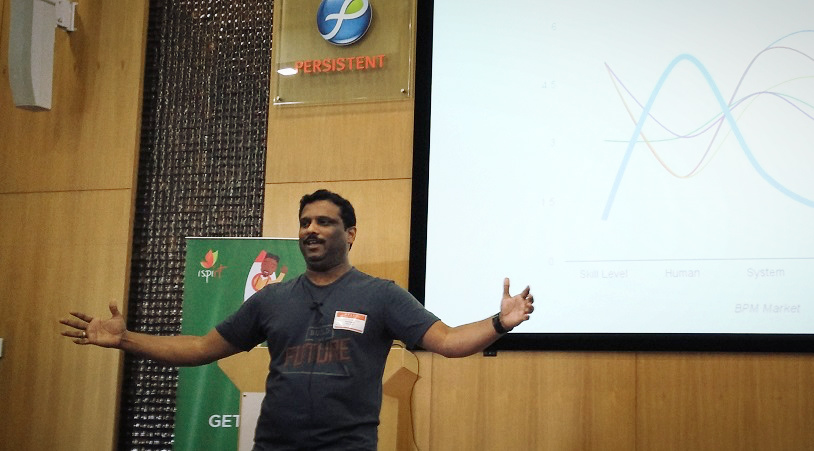
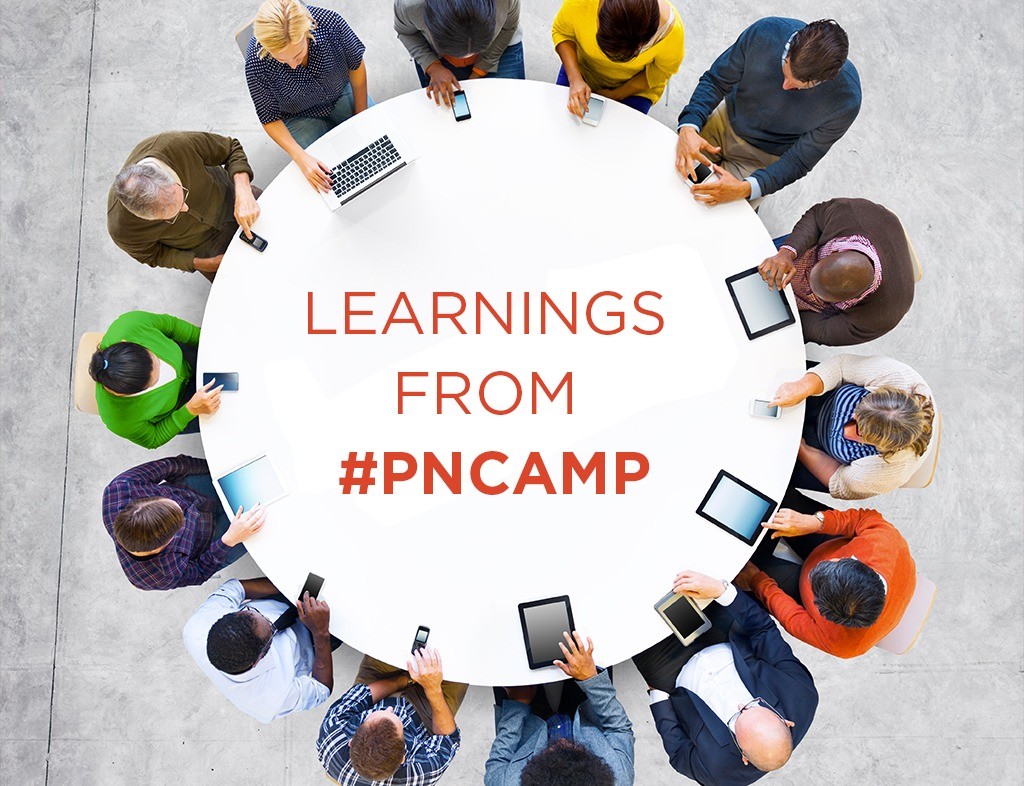 The B2B track consisted of a mix of talks by accomplished folks —
The B2B track consisted of a mix of talks by accomplished folks — 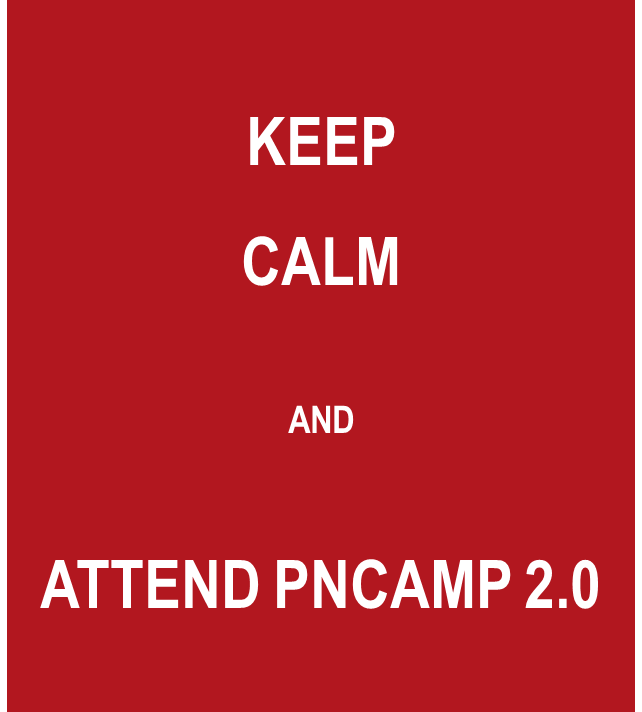
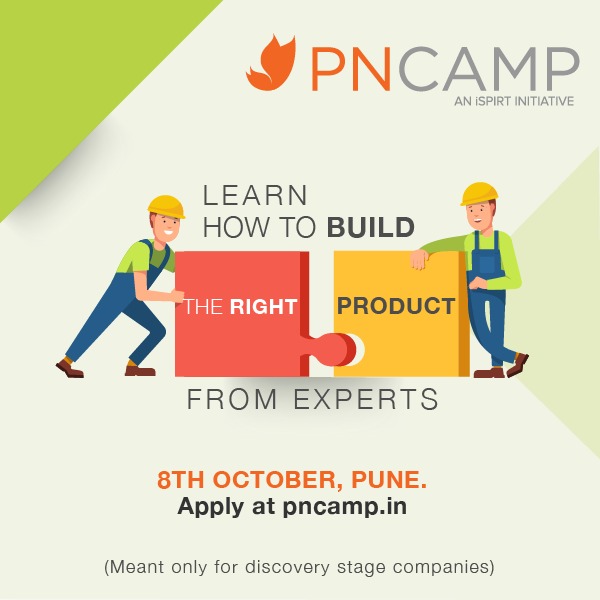 PNCamp in pune is your grand opportunity to get candid feedback on your product and its marketing. If you are a startup with a prototype or product at an early stage with few users/customers but struggling to get further traction, then PNCamp is a great place where you could get an opportunity to showcase your product and seek feedback, inputs and suggestions on specific to your product. At PNCamp, experts will take product teardown sessions on following aspects.
PNCamp in pune is your grand opportunity to get candid feedback on your product and its marketing. If you are a startup with a prototype or product at an early stage with few users/customers but struggling to get further traction, then PNCamp is a great place where you could get an opportunity to showcase your product and seek feedback, inputs and suggestions on specific to your product. At PNCamp, experts will take product teardown sessions on following aspects.